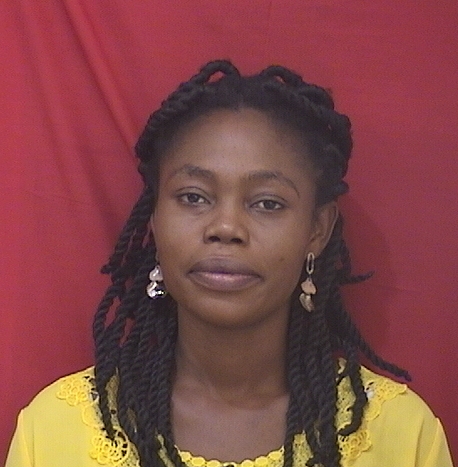Profile
Dr Lydia Otoo Amponsah is an Environmental Scientist interested in pollution identification in environmental media, ecological and human health risk assessment, and water and wastewater treatment. She holds a PhD in Environmental Chemistry from Kwame Nkrumah University of Science and Technology, Kumasi, in collaboration with Aarhus University, Denmark, with sponsorship from Danida. She is currently a lecturer and researcher focusing on heavy metal pollution in environmental media, dispersal patterns and effects on ecological and human health. Her previous work has been on quantifying heavy metals and organics at e-waste recycling sites in Ghana and modelling future mercury concentrations considering different scenarios at the Dagomba Line e-waste recycling site in Kumasi. Her research is complete with recommendations for policymakers at the local government level, as outlined in her recent policy brief: Mercury contamination- a silent threat to human health.
Lydia's research interest covers predictive modelling of pollutants, recent water and wastewater treatment advances, energy/nutrient recovery from waste, renewable energy, and effective solid waste management techniques and their feasibility in Africa. She has published in international peer-reviewed journals.
Dr Lydia Otoo Amponsah has always been passionate about teaching and science communication. She wishes to learn more about and engage in science diplomacy activities to build her fellow scientists' capacities at home and build scientific partnerships with other countries that will be sustained regardless of political winds. Lydia believes that our planet's challenges are global and, as such, require international efforts to address them. While scientific and technical solutions alone are not holistic, scientific expertise should be a fundamental part of diplomatic efforts to solve global problems.

